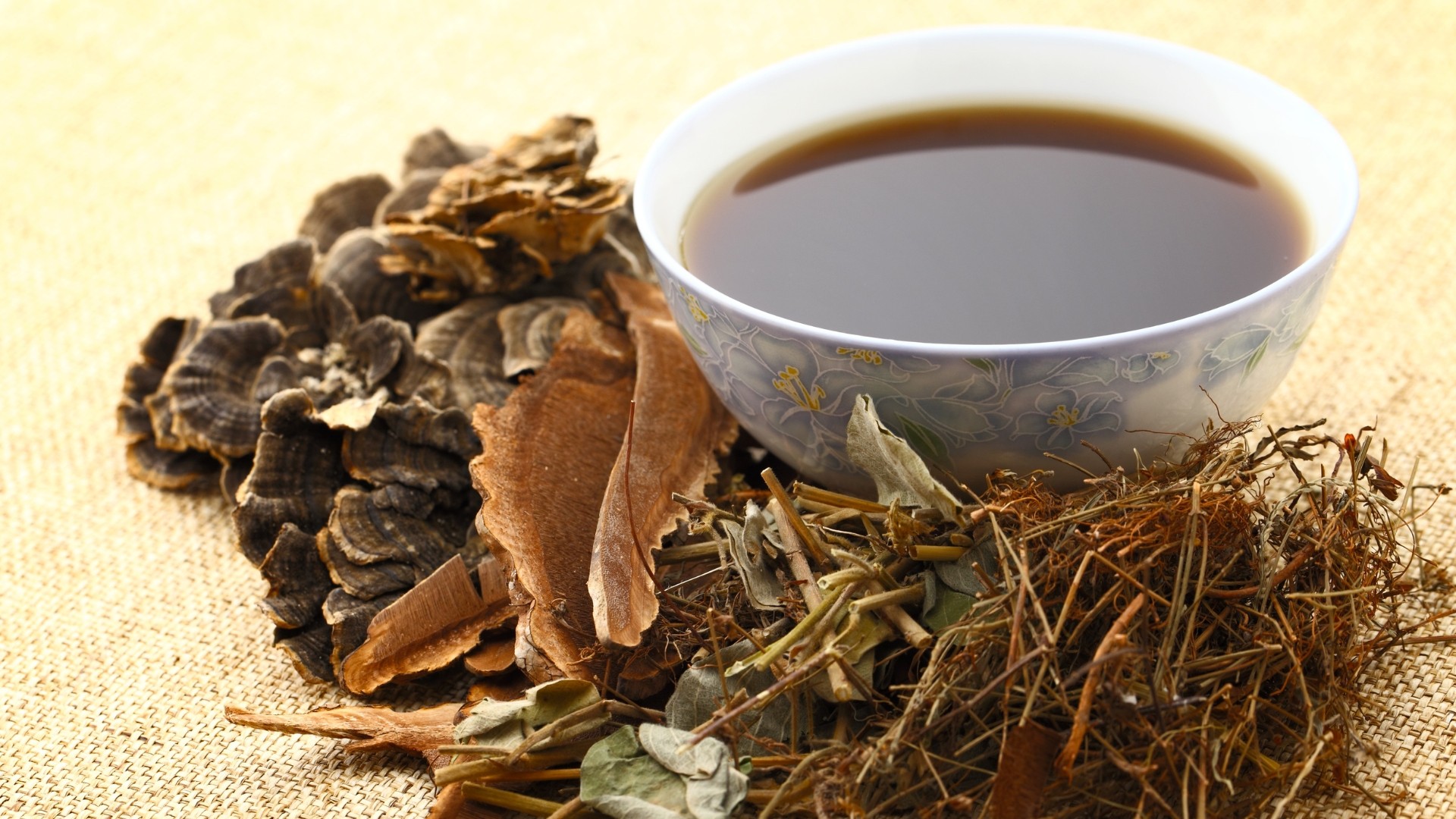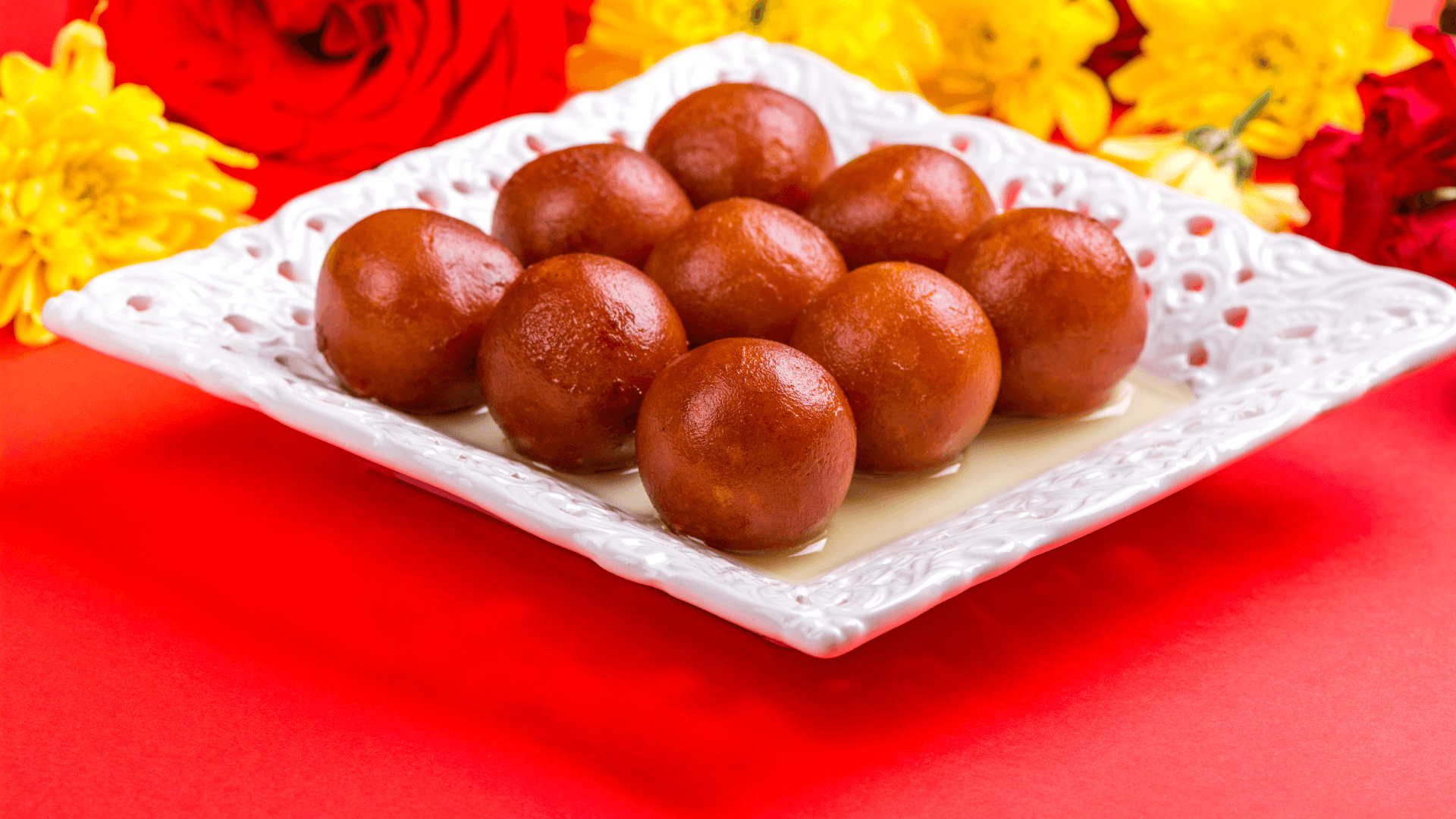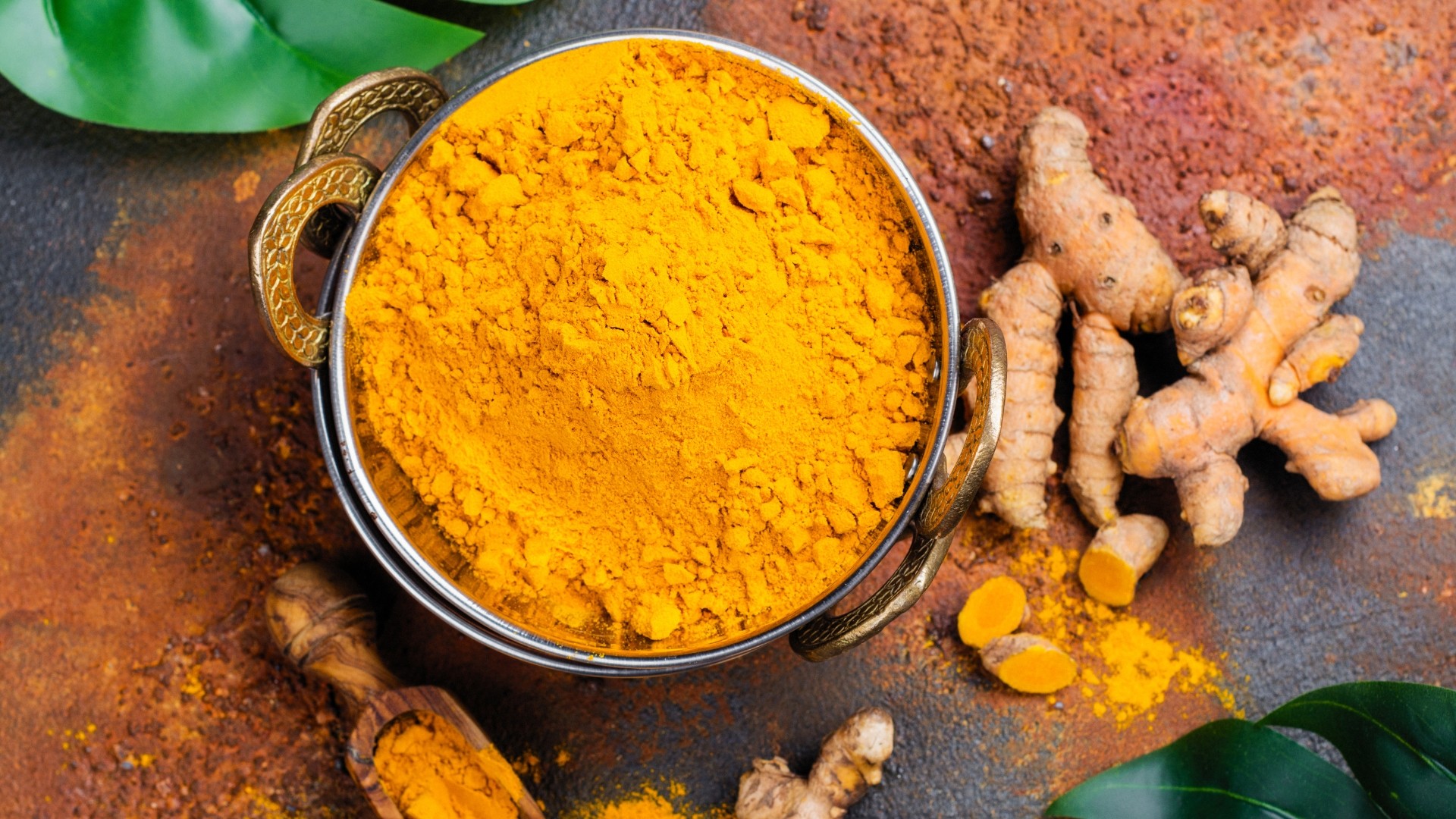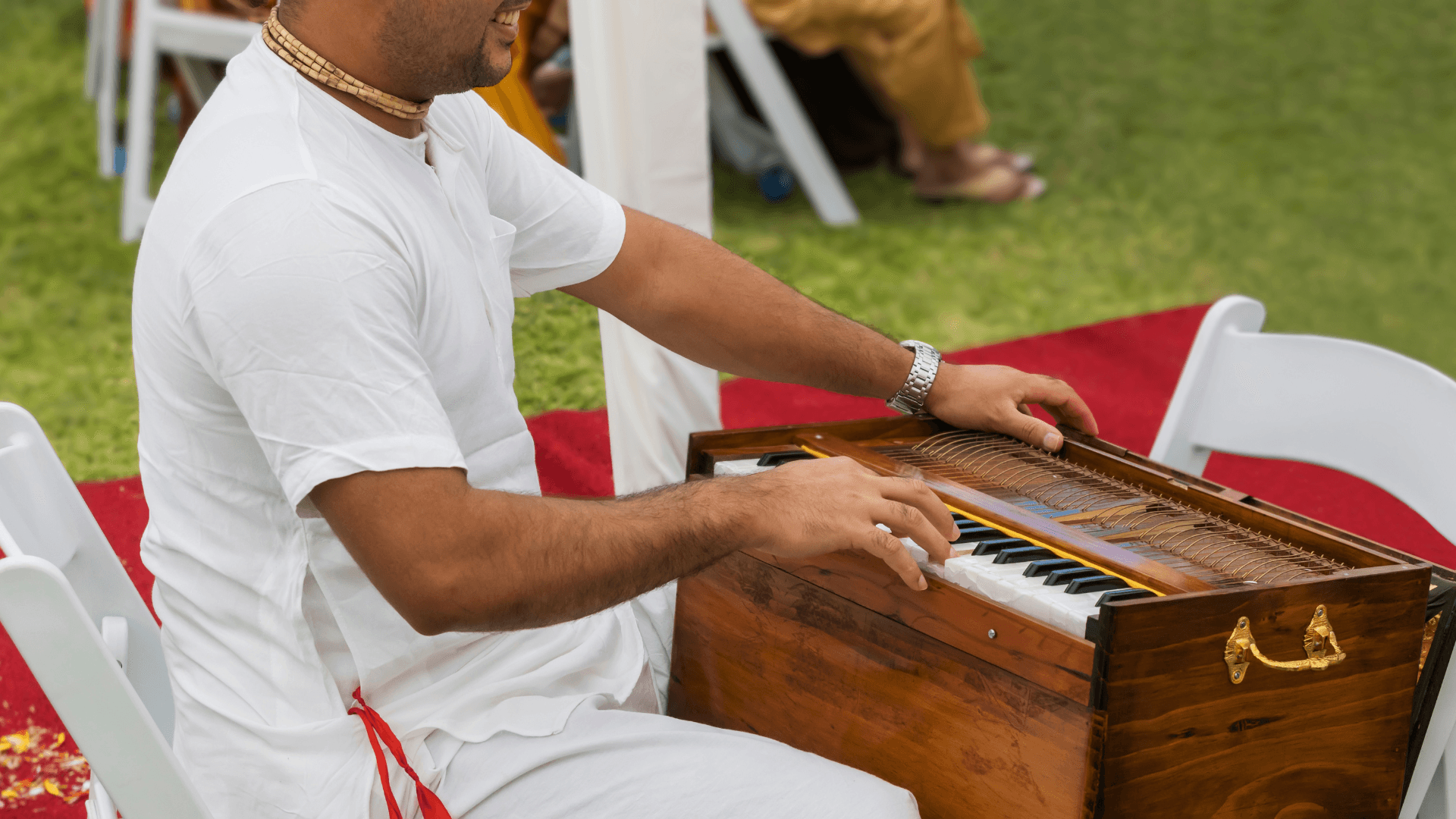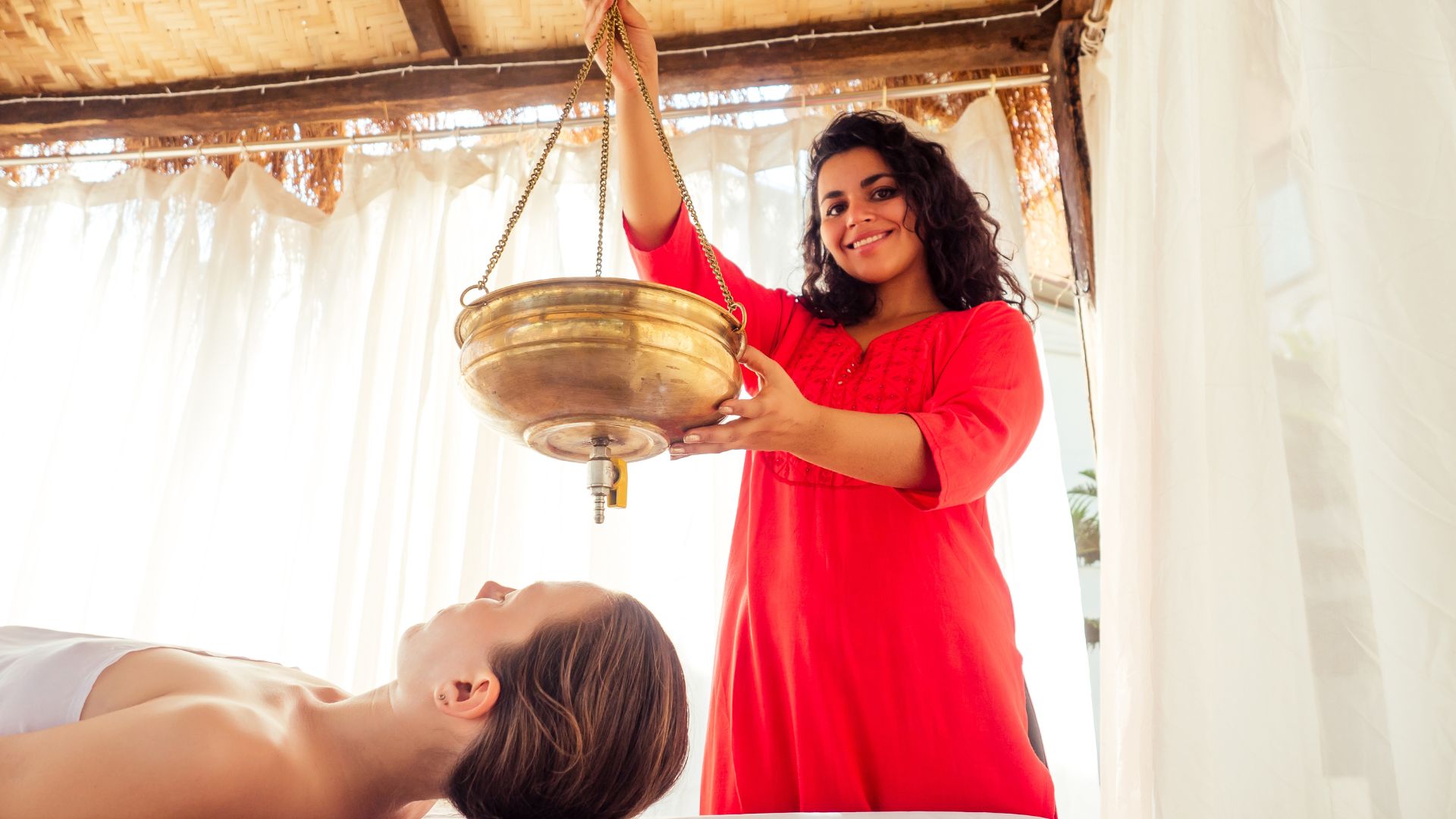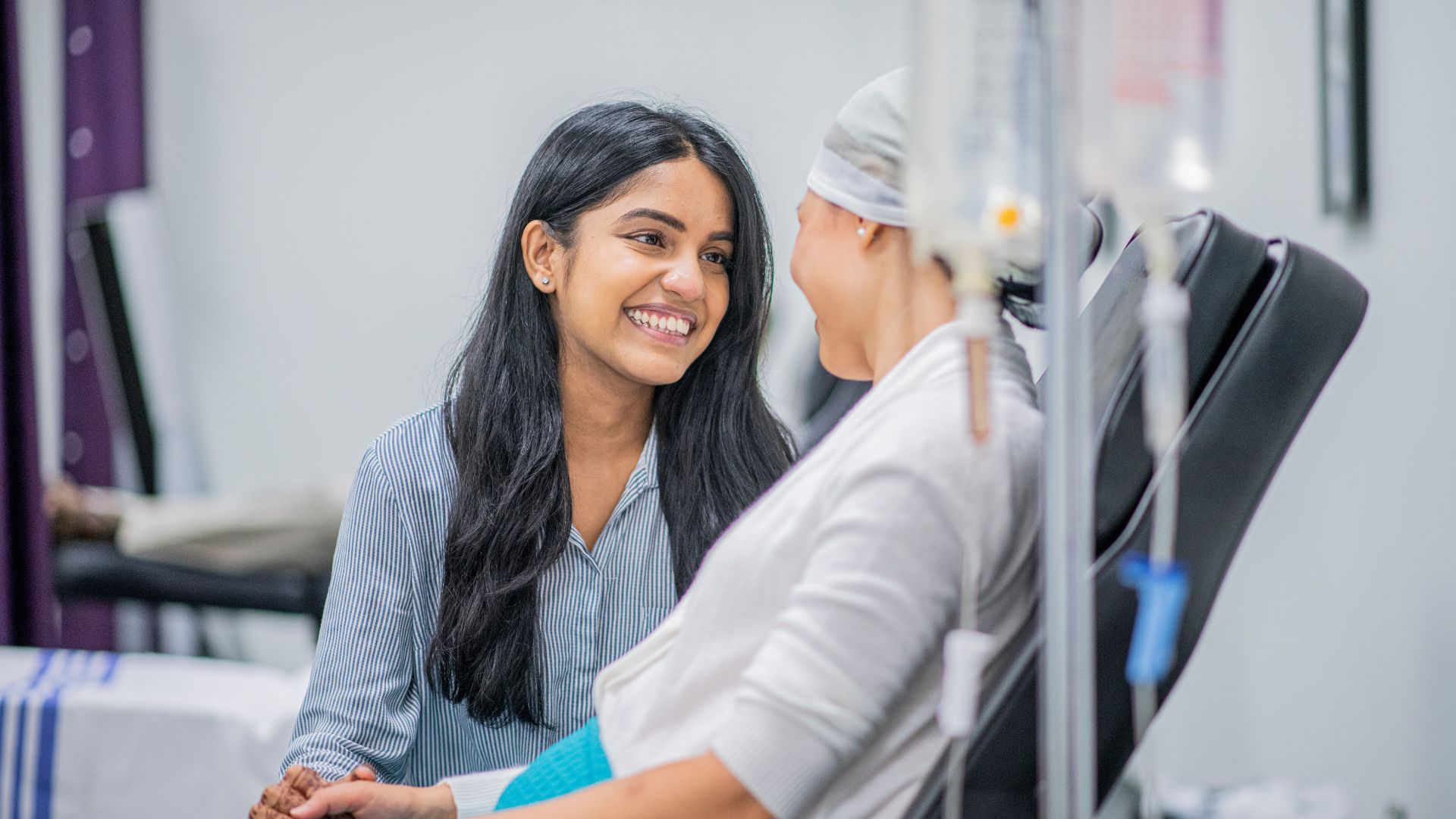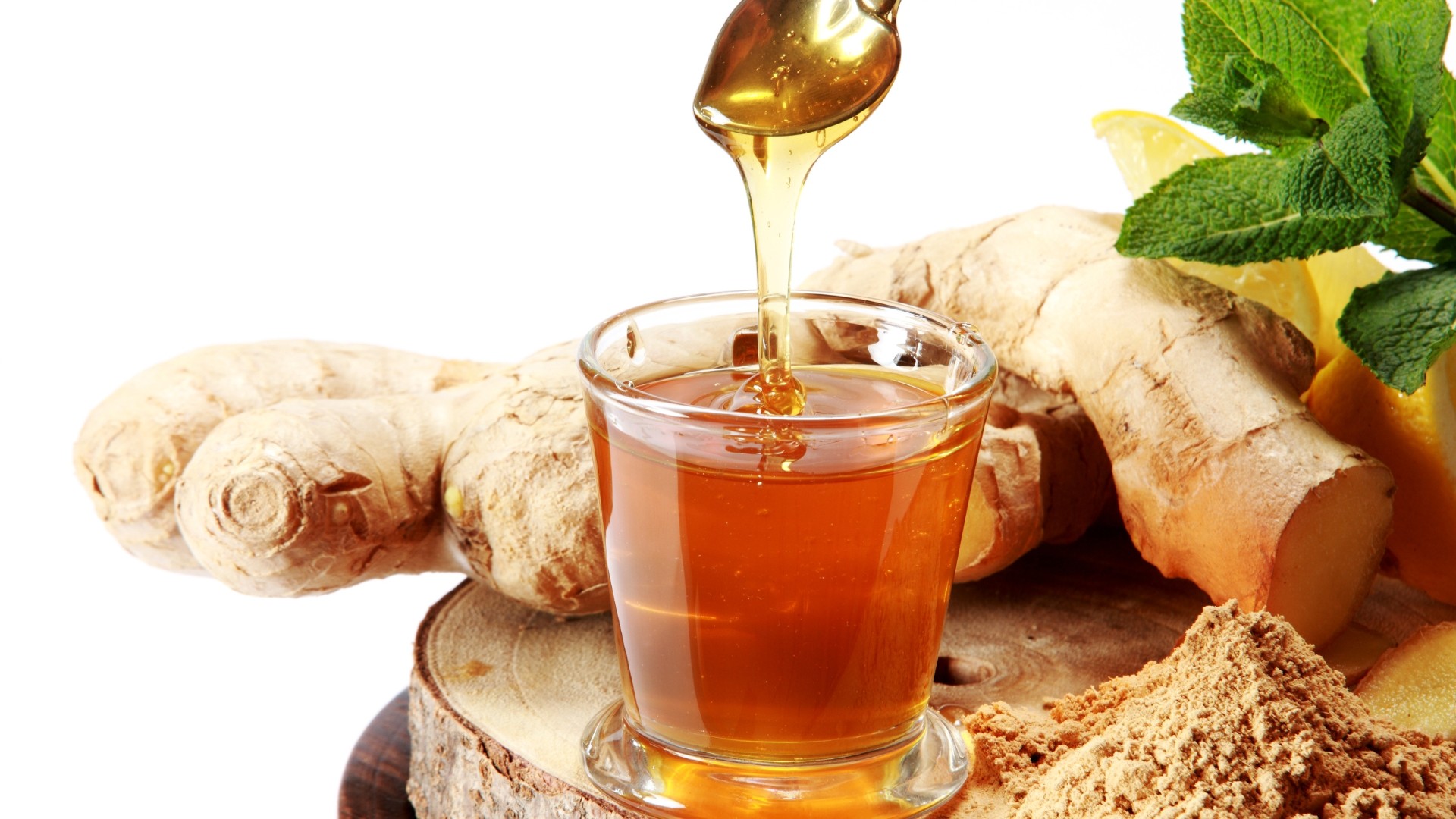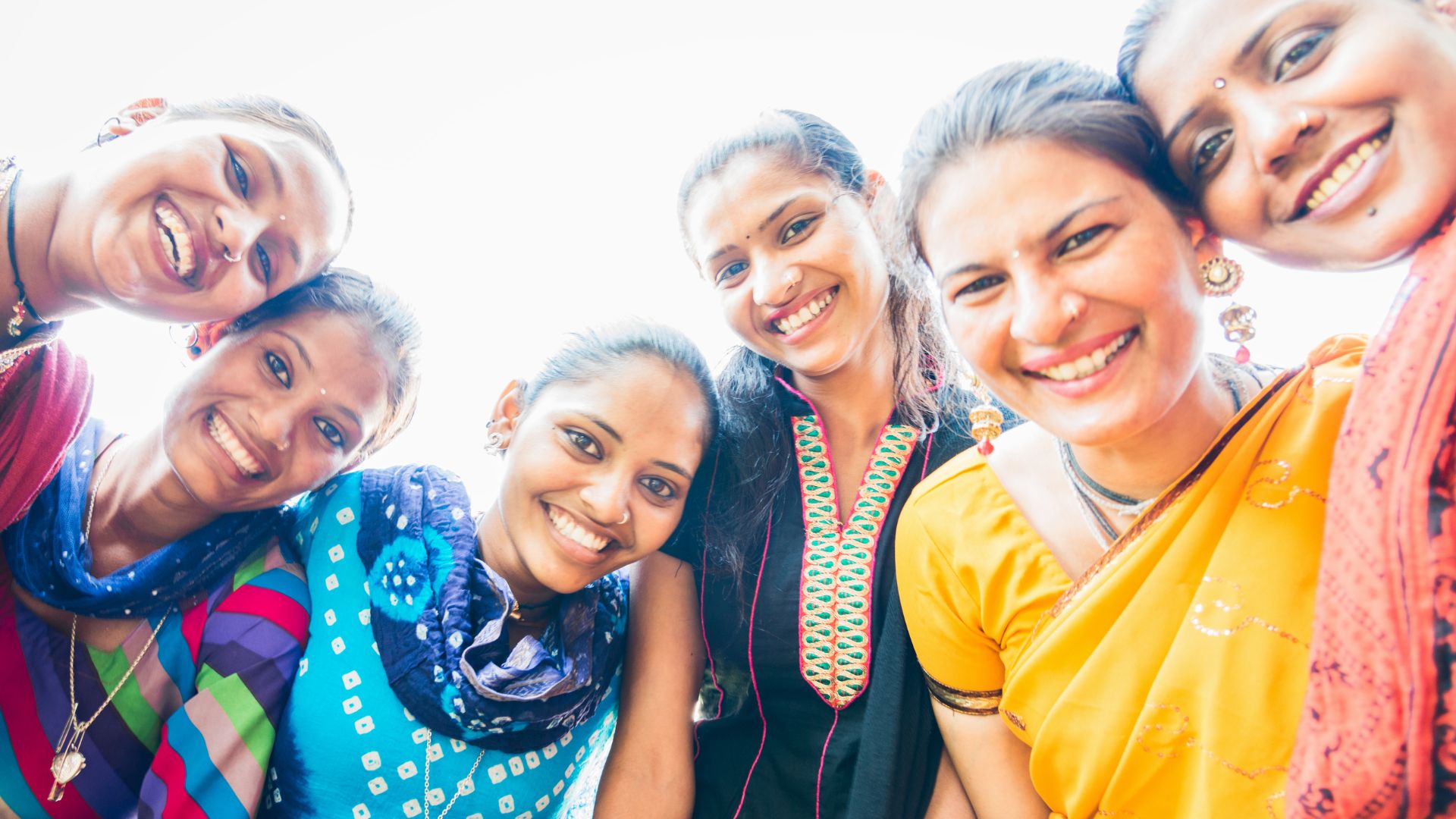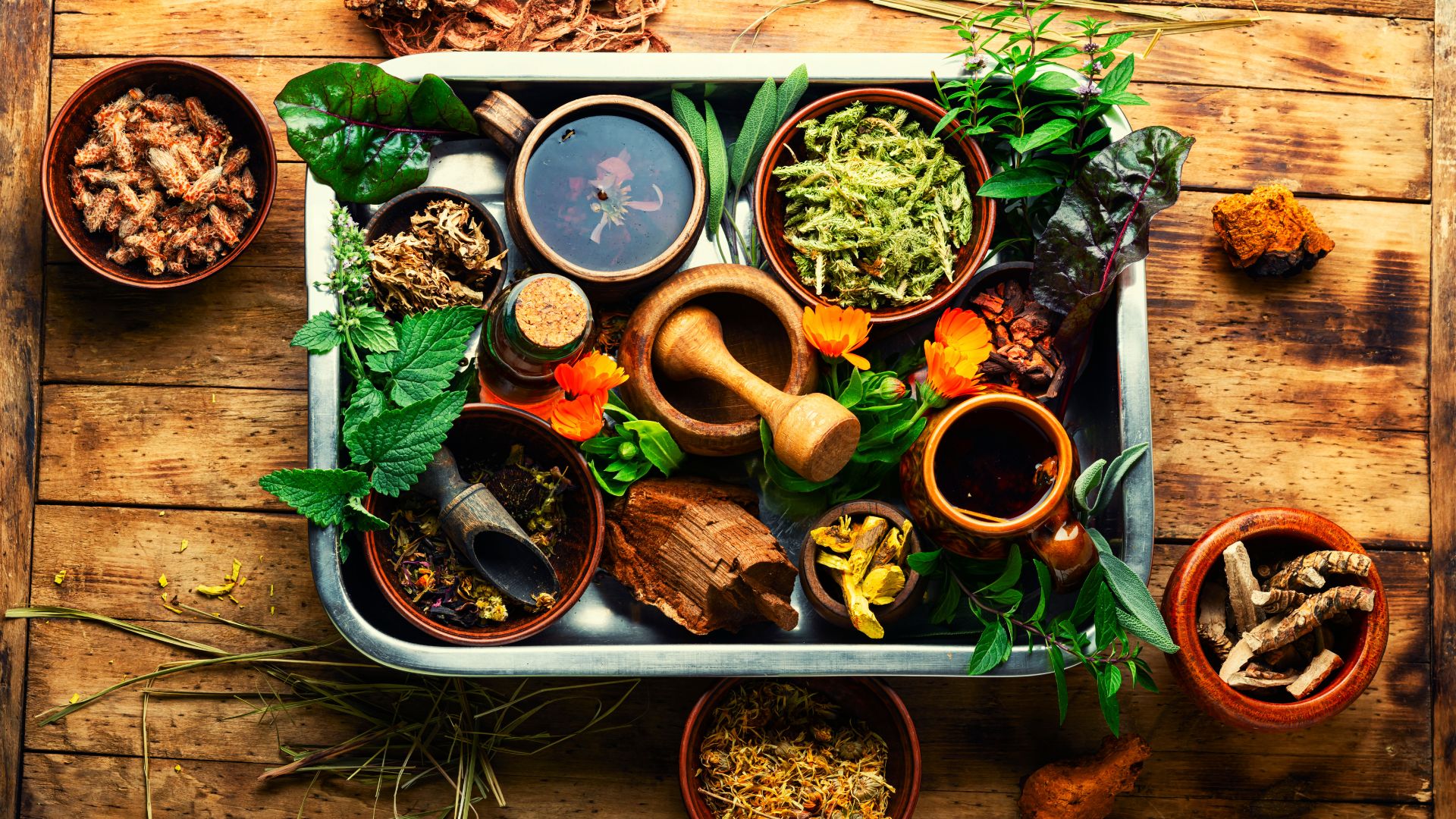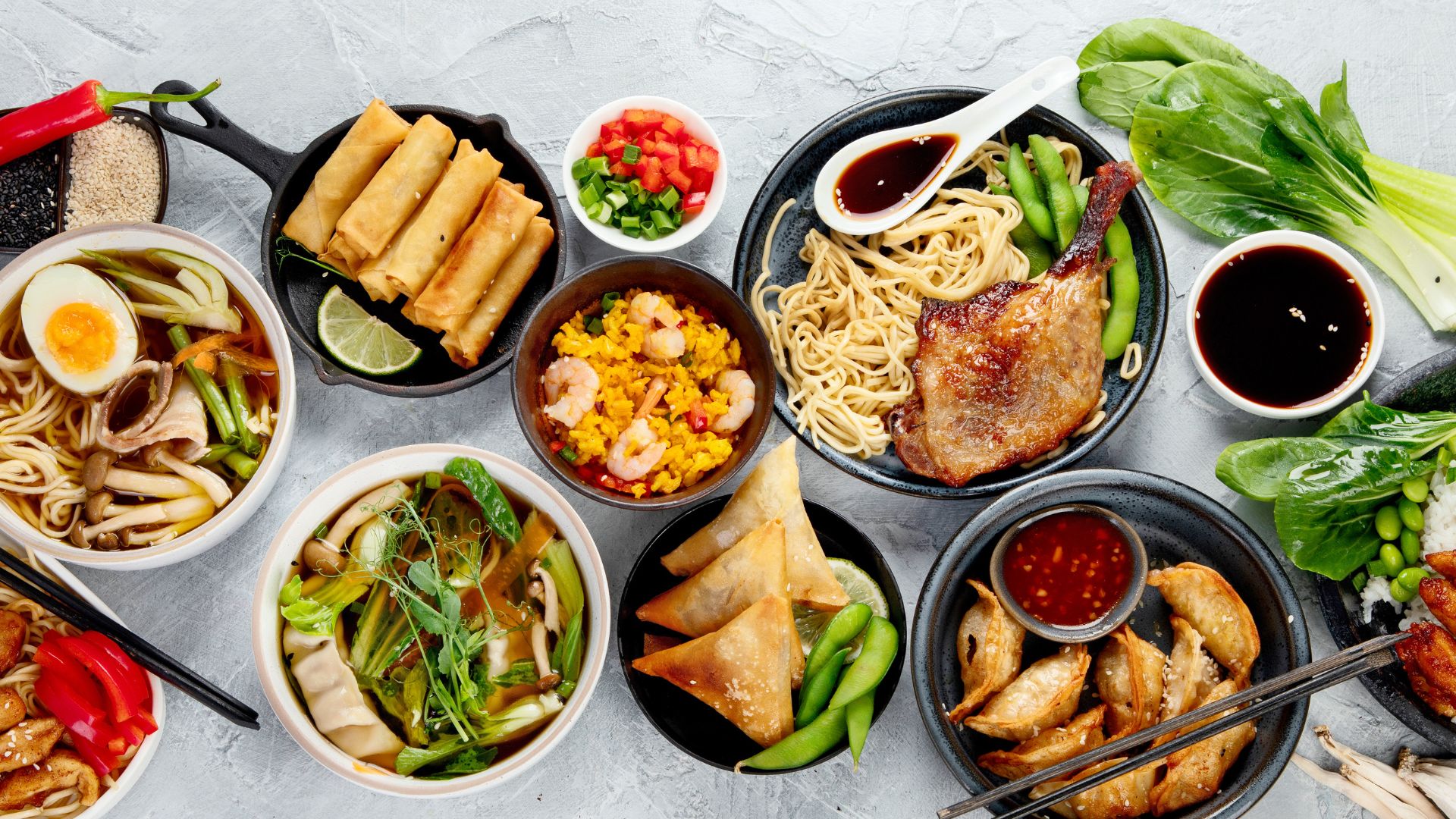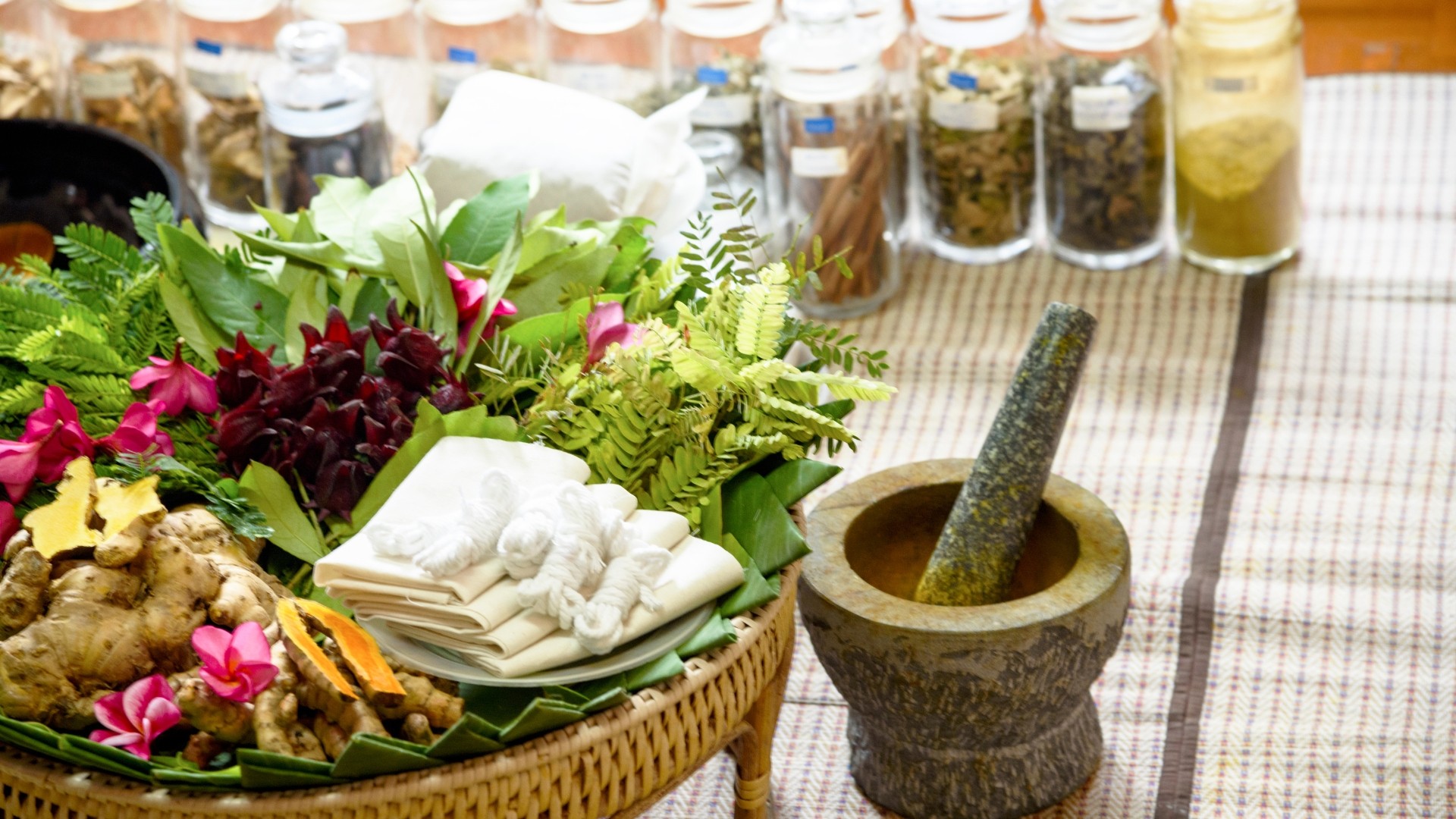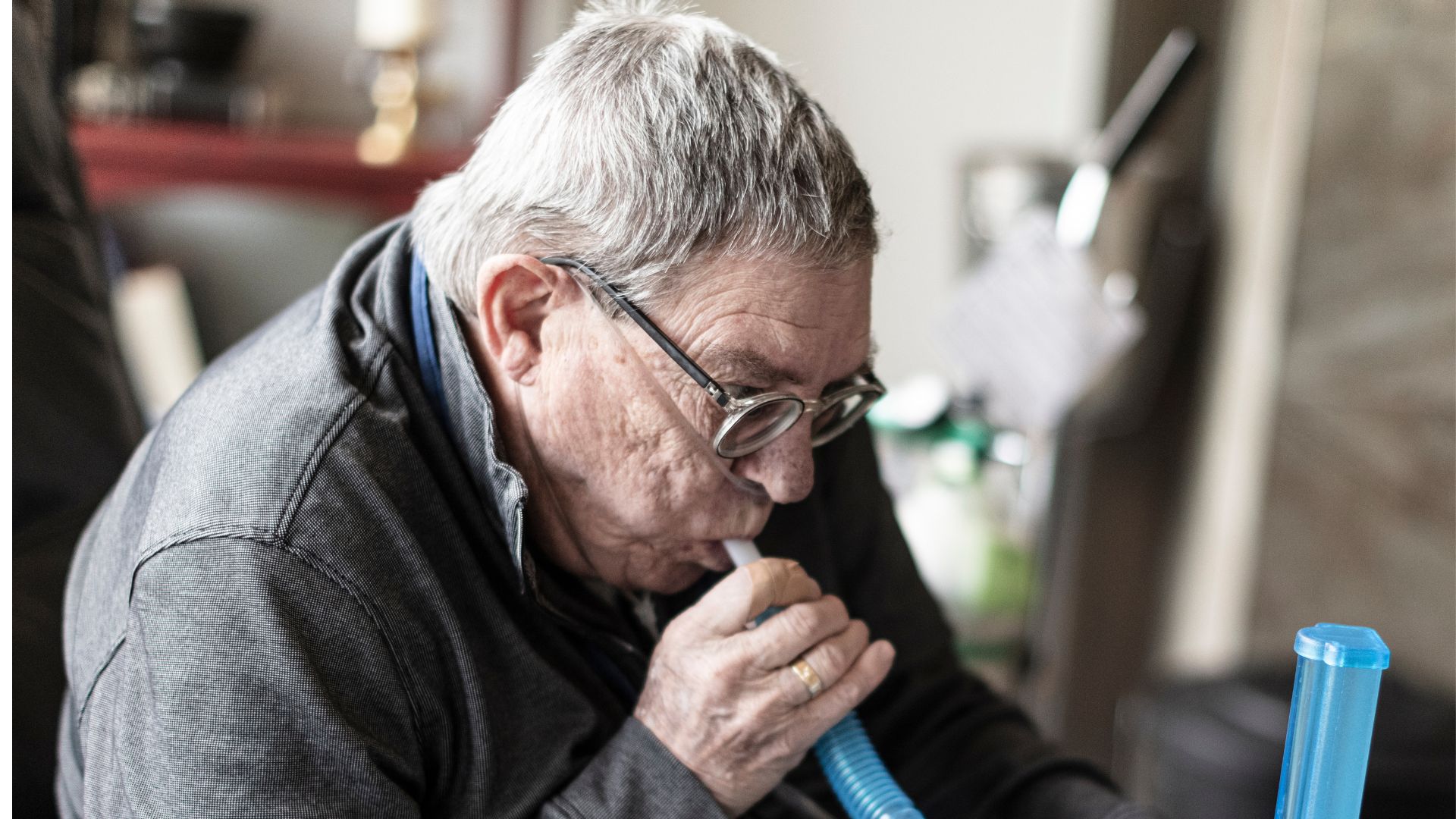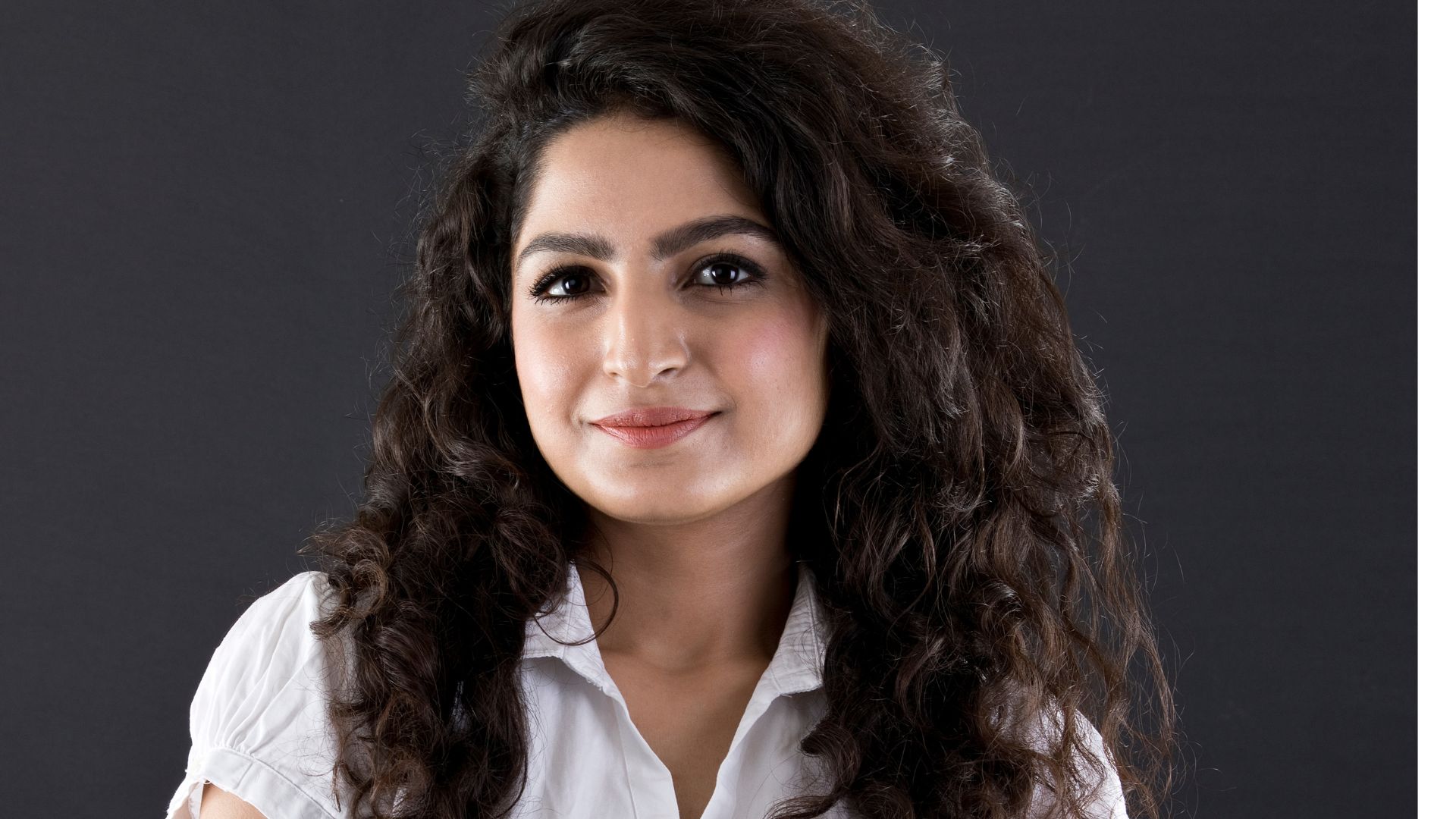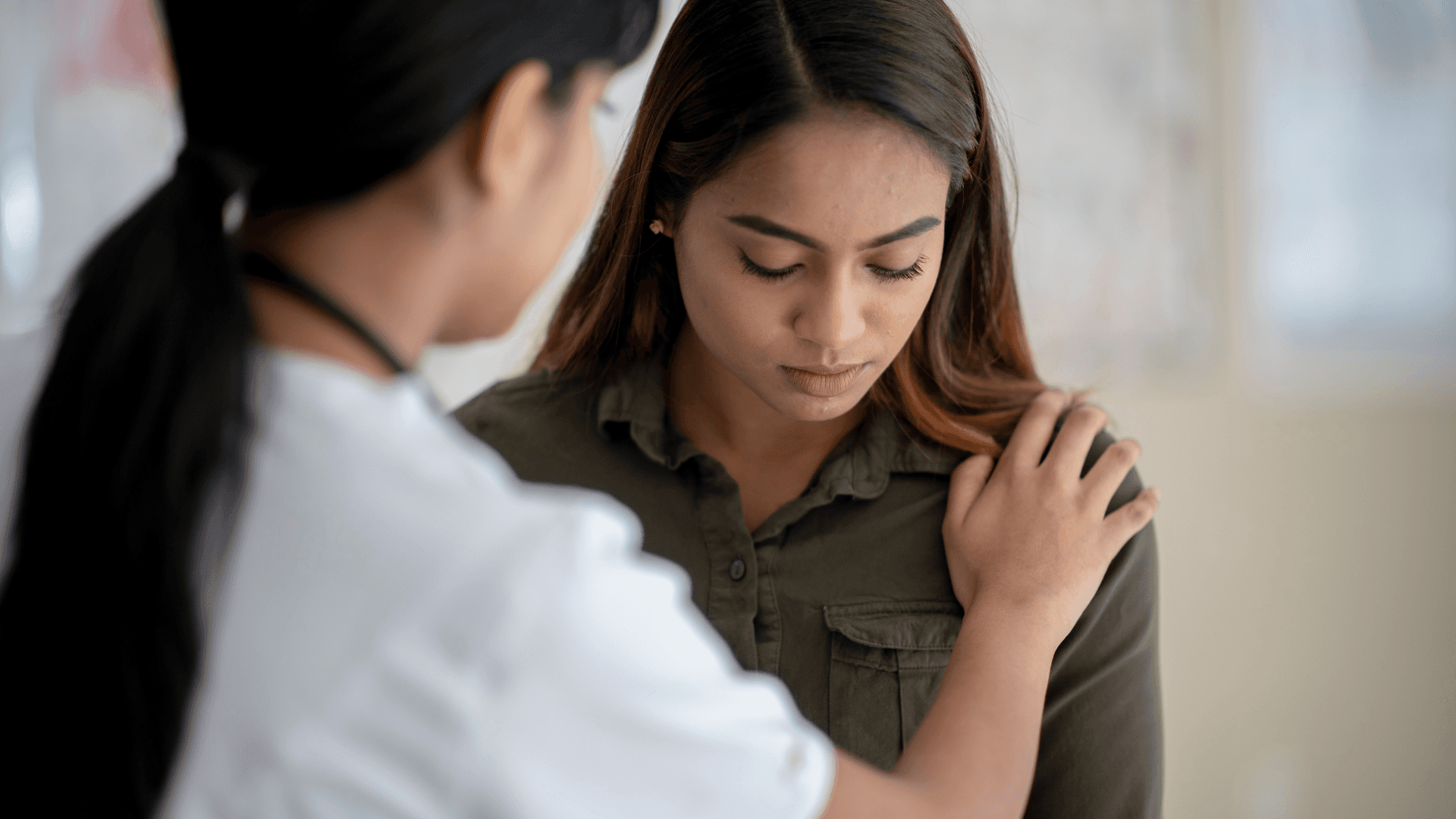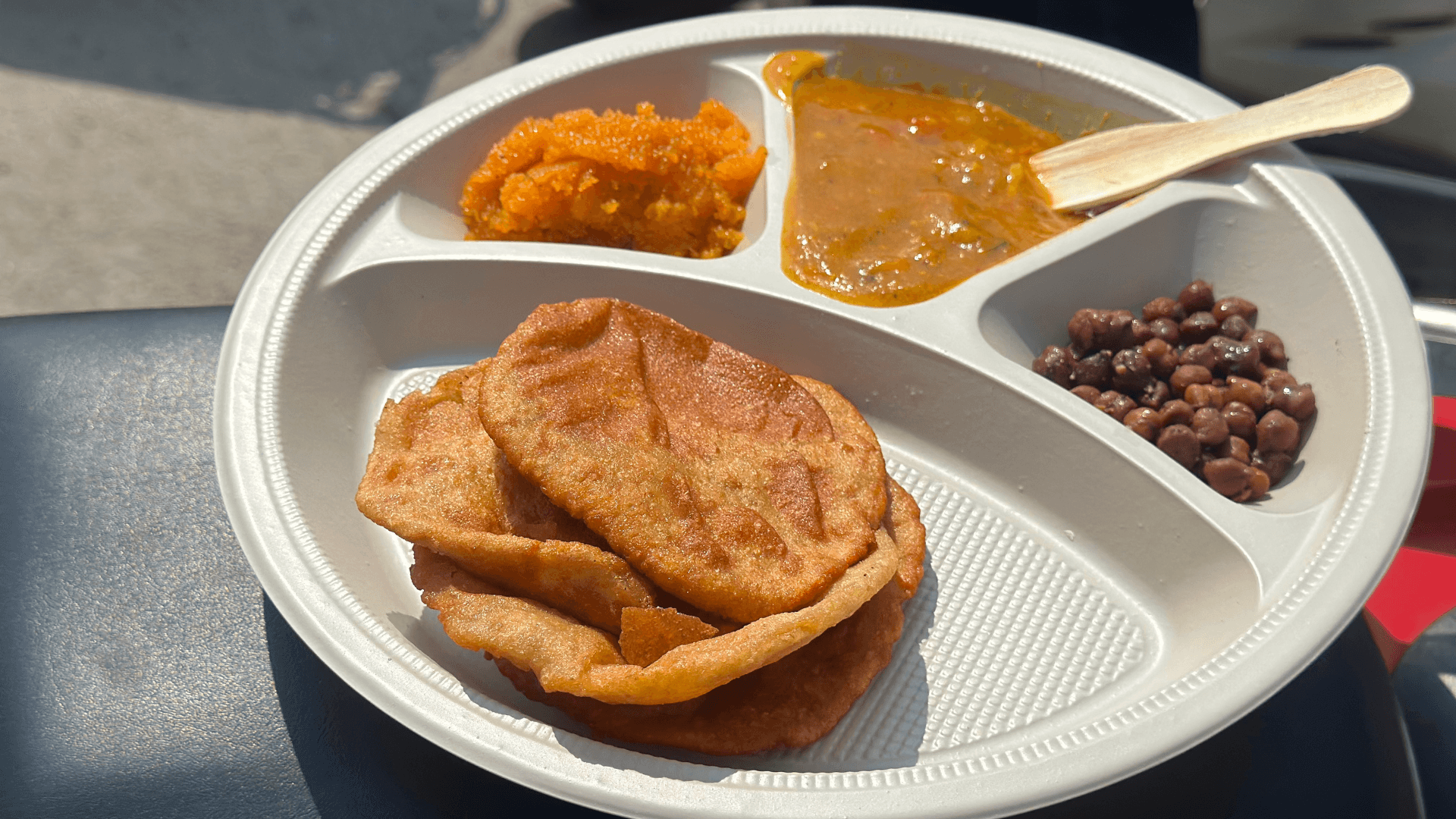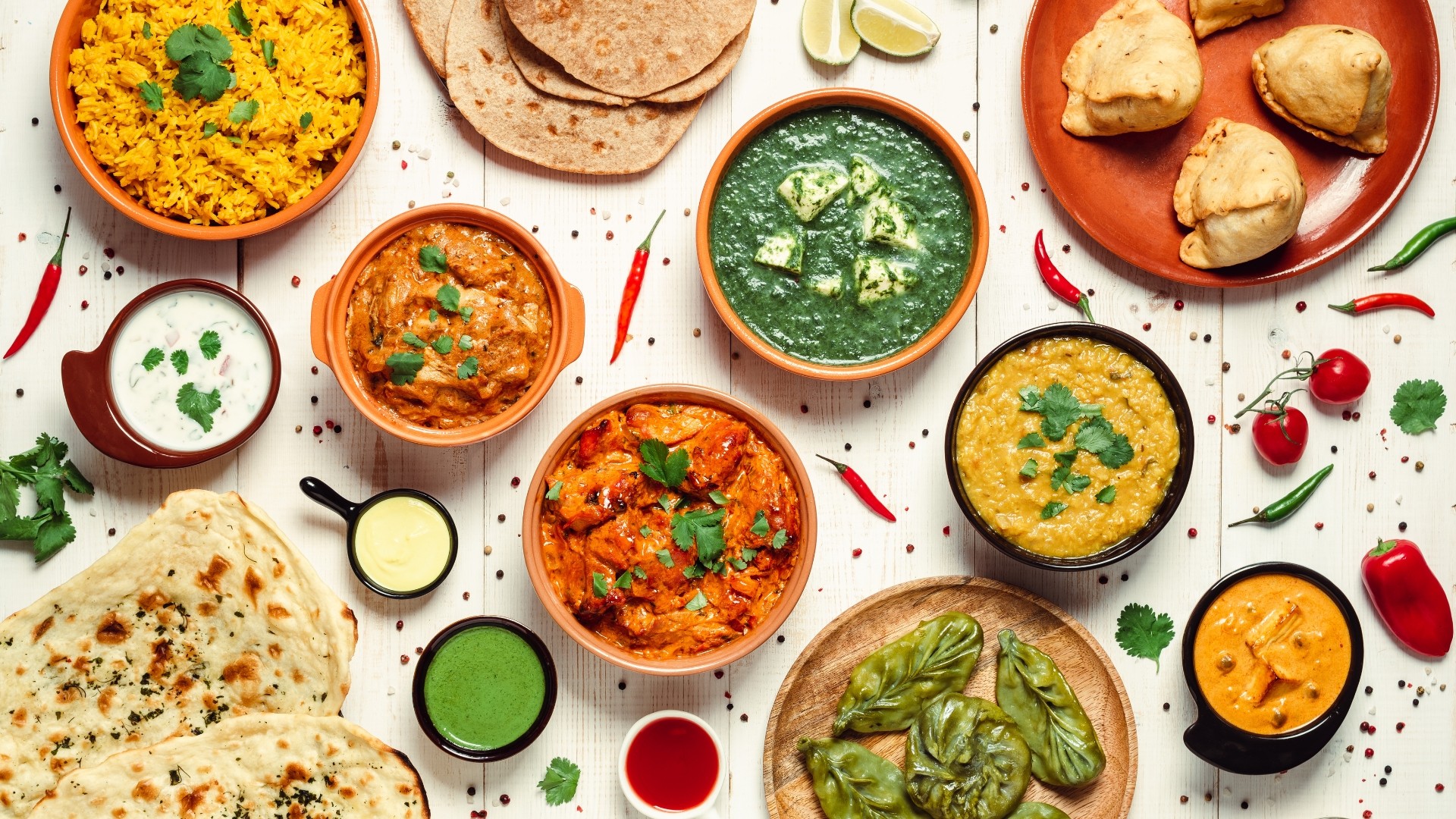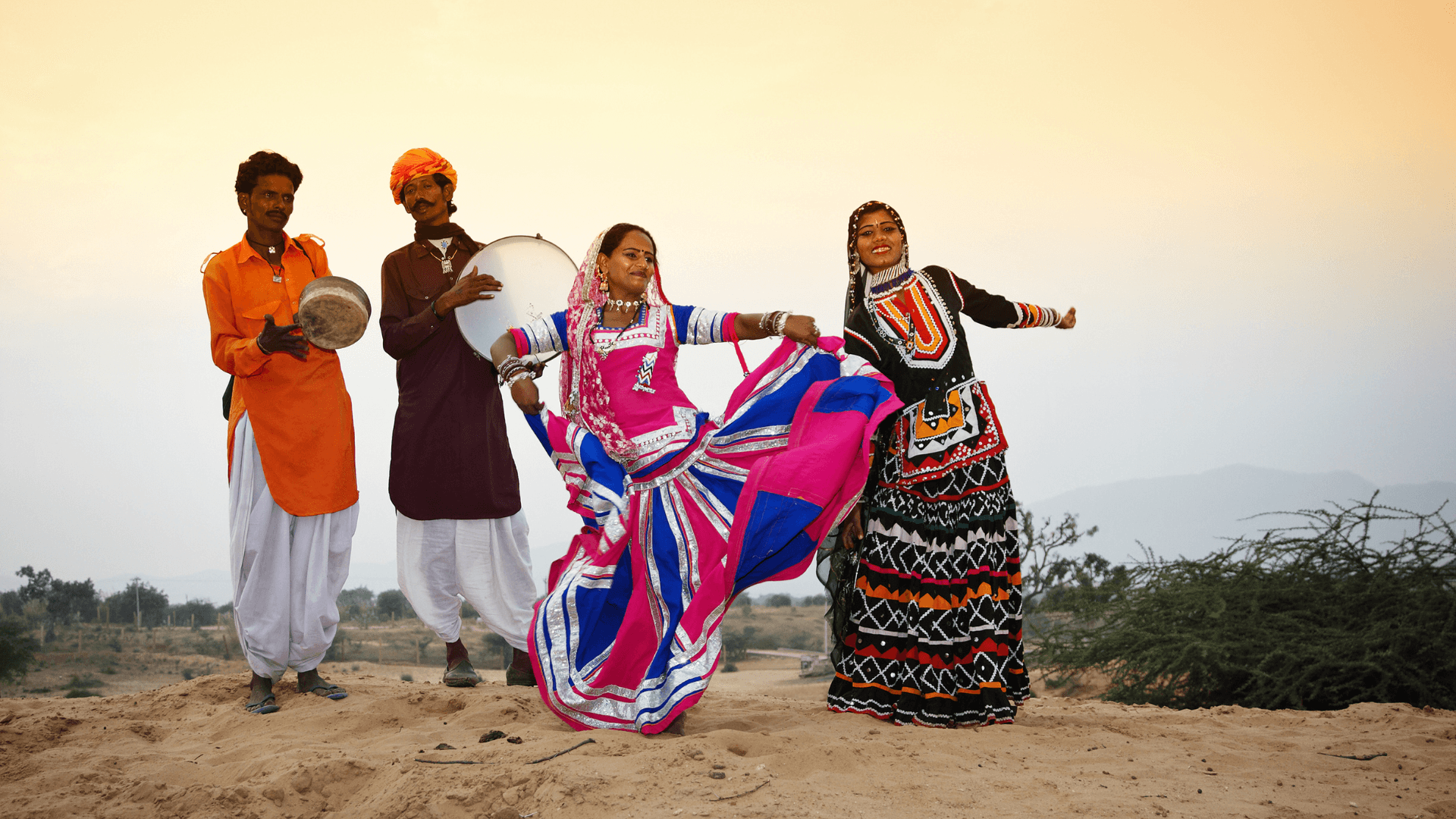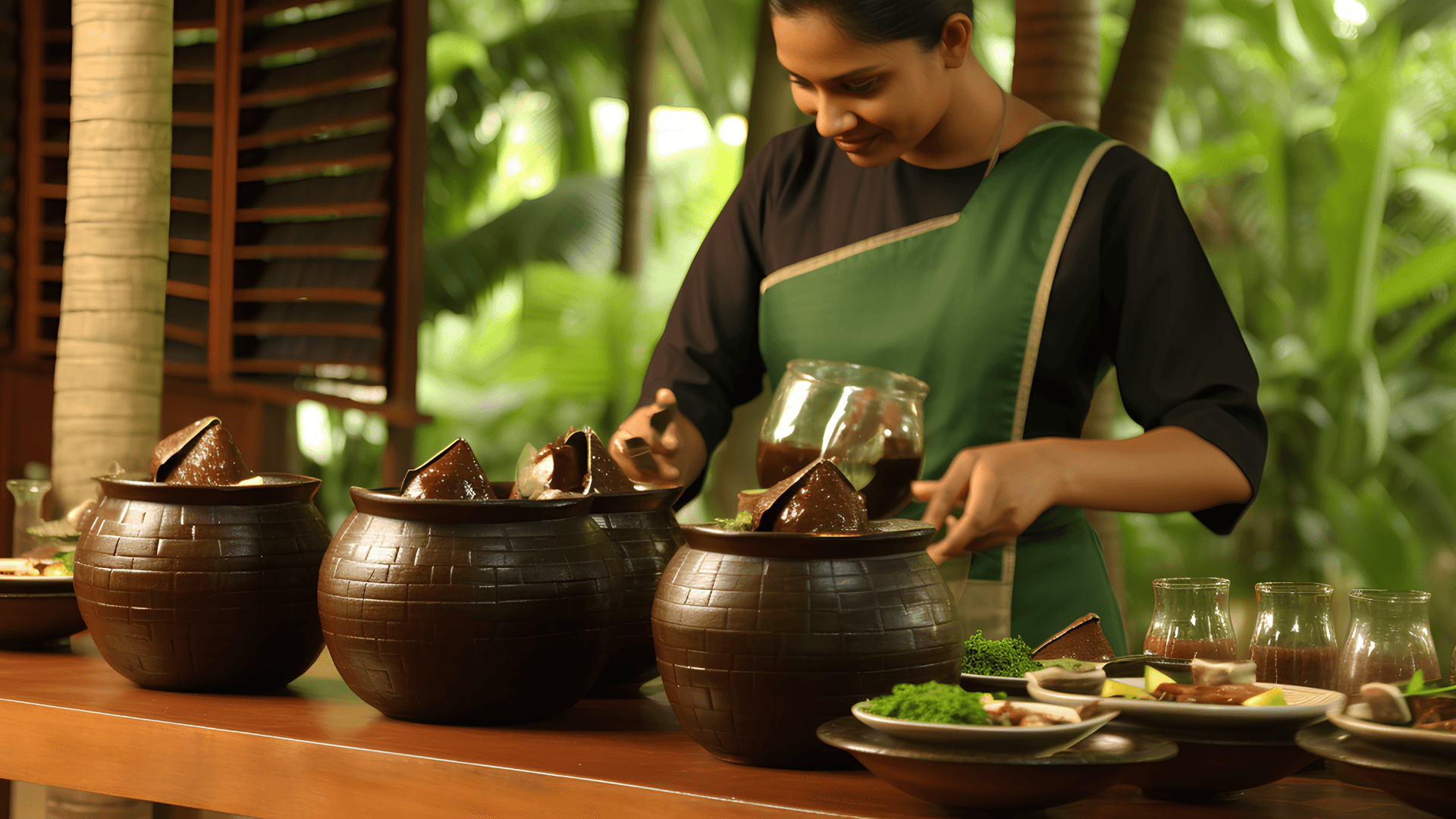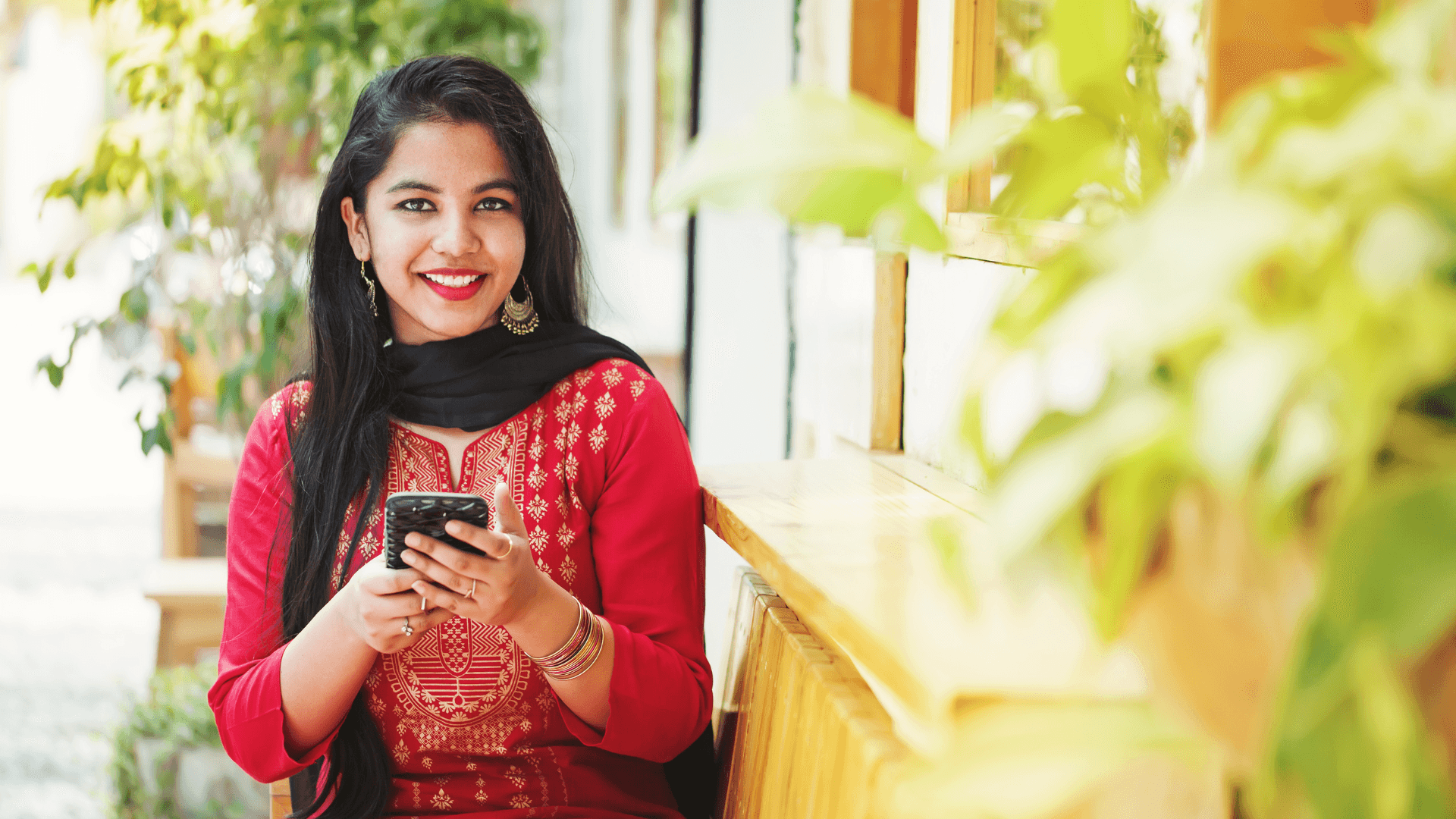Traditional Medicine
Jan 24, 2024
Across the vibrant tapestry of South Asian cultures, ancient wisdom is resurfacing. Traditional medicine systems, long relegated to the fringes by the rise of modern medicine, are experiencing a remarkable revival. From the verdant foothills of the Himalayas to the sun-drenched plains of the Ganges, people are rediscovering the healing power of age-old practices like Ayurveda, Unani, Siddha, and Sowa Rigpa. This resurgence is fueled by a confluence of factors, each contributing to a renewed interest in these time-tested approaches to health and well-being.
Factors Driving the Revival:
Growing Dissatisfaction with Conventional Medicine: The high cost of modern healthcare, coupled with concerns about potential side effects of pharmaceutical drugs, has left many seeking alternative therapies. Traditional medicine offers a more holistic approach that emphasizes:
Prevention: Focuses on lifestyle modifications and dietary practices to maintain good health and prevent illness.
Natural Remedies: Utilizes readily available herbs, spices, and other natural resources for treatment.
Personalized Care: Considers individual constitutions and unique needs when designing treatment plans.
Rising Evidence of Efficacy: While traditional medicine was often dismissed as anecdotal, recent research is providing solid evidence for its effectiveness. Clinical trials and scientific studies are validating the therapeutic potential of:
Herbal Formulations: Studies have shown the efficacy of various herbal remedies in treating conditions like arthritis, diabetes, and respiratory ailments.
Yoga Practices: Research has demonstrated the positive impact of yoga on stress reduction, pain management, and overall well-being.
Mind-Body Therapies: Traditional practices like meditation and pranayama are being recognized for their role in promoting mental and emotional balance.
Cultural Rediscovery and Identity: In a globalized world, there is a growing awareness of the importance of cultural heritage. Traditional medicine is seen as an integral part of South Asian cultural identity, and its revival is viewed as a way to:
Reconnect with ancestral wisdom: Traditional practices represent the accumulated knowledge and healing traditions of past generations.
Celebrate cultural diversity: The revival of traditional medicine contributes to the preservation and appreciation of unique cultural expressions.
Foster a sense of belonging: Reconnecting with traditional healing methods strengthens cultural identity and community cohesion.
Accessibility and Affordability: Traditional medicine often serves as a lifeline for communities with limited access to modern healthcare, especially in rural areas. Key benefits include:
Readily available resources: Many herbal remedies and traditional treatments utilize locally sourced ingredients.
Lower cost: Traditional therapies are often significantly more affordable than conventional medical treatments.
Community-based knowledge: Traditional knowledge is often shared and passed down within communities, ensuring accessibility and affordability.
Integration with Modern Medicine: There is a growing recognition that traditional and modern medicine can complement each other, offering a more comprehensive approach to healthcare. This has led to efforts to:
Standardize traditional practices: Develop evidence-based standards for traditional therapies to ensure quality and safety.
Integrate into healthcare systems: Offer traditional treatments alongside conventional medicine in hospitals and clinics.
Collaborative research: Conduct joint research initiatives to explore the synergy between traditional and modern medicine.
More Factors Fueling the Revival
Growing Interest from the West: Traditional South Asian medicine systems are attracting increasing interest in Western countries, where people are seeking alternative and complementary therapies.
Technological Advancements: New technologies are being applied to research and development in traditional medicine, leading to new discoveries and innovations.
Focus on Sustainability: Efforts are being made to ensure the sustainable harvesting and cultivation of medicinal plants used in traditional therapies.
The revival of traditional medicine in South Asia is a testament to the enduring power of ancient wisdom. As research continues to validate its efficacy and integration with modern medicine expands, traditional practices are poised to play an increasingly vital role in shaping the future of healthcare in the region and beyond. This resurgence offers a hopeful message: that by embracing the best of both worlds, we can create a healthcare system that is comprehensive, sustainable, and culturally sensitive, promoting the well-being of individuals and communities alike.
